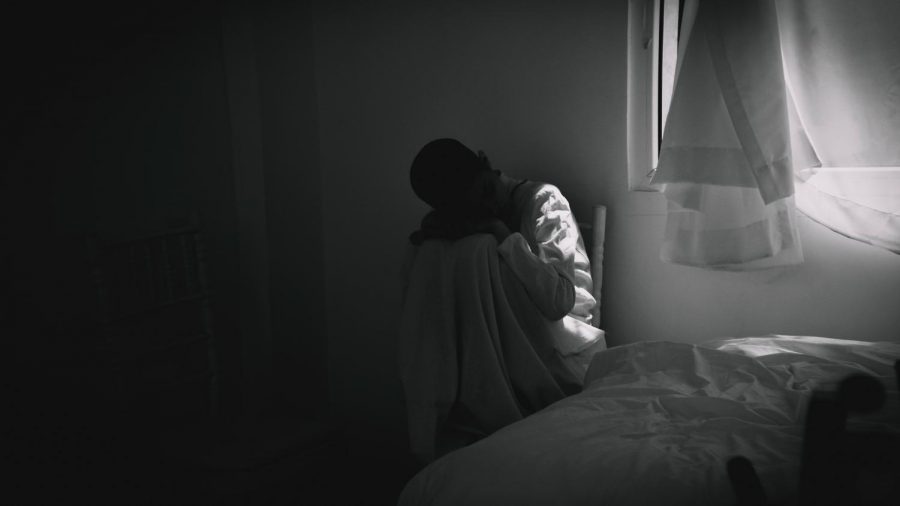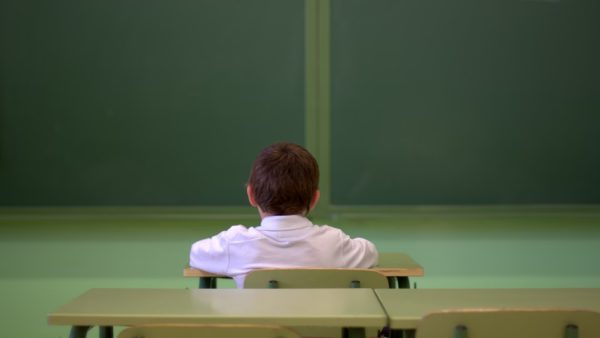Winter Brings Seasonal Depression Concerns
Due to the winter’s short days and cold weather, many people struggle with Seasonal Affective Disorder. During this quarantine, when it’s even harder to go outside, those affected need help more than ever.
According to The Washington Post, Seasonal Affective Disorder (SAD) is a type of depression that changes depending on the season. For most, this means that their symptoms arrive in late fall and tend to fade in the spring when the weather begins to warm up and days become longer.
It’s not always during winter that people are affected, however; Mayo Clinic states that SAD can also cause depression in the spring or early summer.
Ms. McQueen, a MRHS Psychology teacher, mentioned a client who had SAD.
“She was in a depressed mood most of the day… she lost interest in activities that used to bring her joy and she was often tired,” McQueen said.
Mayo Clinic lists similar symptoms. Sufferers may lose interest in passions or have a change in their appetite, weight, sleep patterns, and energy levels. They may have feelings of hopelessness or worthlessness, and difficulty concentrating. The “winter blues” may have similar symptoms, but it is usually easy to differentiate between the two, due to the severity of SAD.
COVID-19 has only increased the burden of SAD, as quarantine limits the amount of time spent outdoors and with others.
“In the beginning of quarantine, I was really happy I didn’t have to go to school, but now I really wish I could go to school in real life because school online is so boring… it’s the same thing everyday, it’s tiring,” freshman Bhasuri Yerasi said. “Nothing feels fun anymore… there’s nothing new, and nothing excites me. I don’t feel motivated to do anything anymore, and I hate feeling that way.”
Many online students feel that their lifestyles are a loop of attending class, doing homework, going to sleep, and nothing else. Finding a particular passion or interest could help break this cycle and bring relief to SAD-affected students.
The Washington Post voiced concerns about diagnosing SAD.
“Widespread school shutdowns are causing strife for a lot of children, [and] it’s likely that some who are struggling with underlying depression may have their symptoms misdiagnosed as issues with virtual learning, isolation or loneliness related to the pandemic.”
It’s not all bad, though, as there are definite ways to counteract the causes and symptoms of SAD. “Encourage [those affected with SAD] to get outside. Go on a walk with them when it’s nicer out. But don’t make them feel bad, don’t yell at them or blame them,” freshman Sofia Delisa-Hughes said. Going outside is a sure-fire way to improve their mood, as sufferers would receive their much-needed Vitamin D. If going outside is not an option, there are also Vitamin D supplements available, usually at any over-the-counter pharmacy.
Another way to help those suffering is with conversation and interaction.
“I think that friends and family could help by trying to talk to people affected by SAD and maybe invite them to go places or something to try to change their mood,” Yerasi said. Although going to places together isn’t the most possible thing to do during COVID-19, video calls over the Internet could serve just as well.
Counselling is always an option, as it provides an opportunity to talk to a professional who can help a sufferer understand what they’re going through and how to cope with it. Marriotts Ridge has multiple counselors who can help any student who struggles with mental issues such as SAD or depression.
As everyone bands together during quarantine, make sure to help those who suffer from Seasonal Affective Disorder during winter and throughout the year.

Hello! I'm Jeffrey Gao, a Journalism 1 student. I enjoy drawing, animating, playing volleyball, and playing video games. In my free time I like to read...







